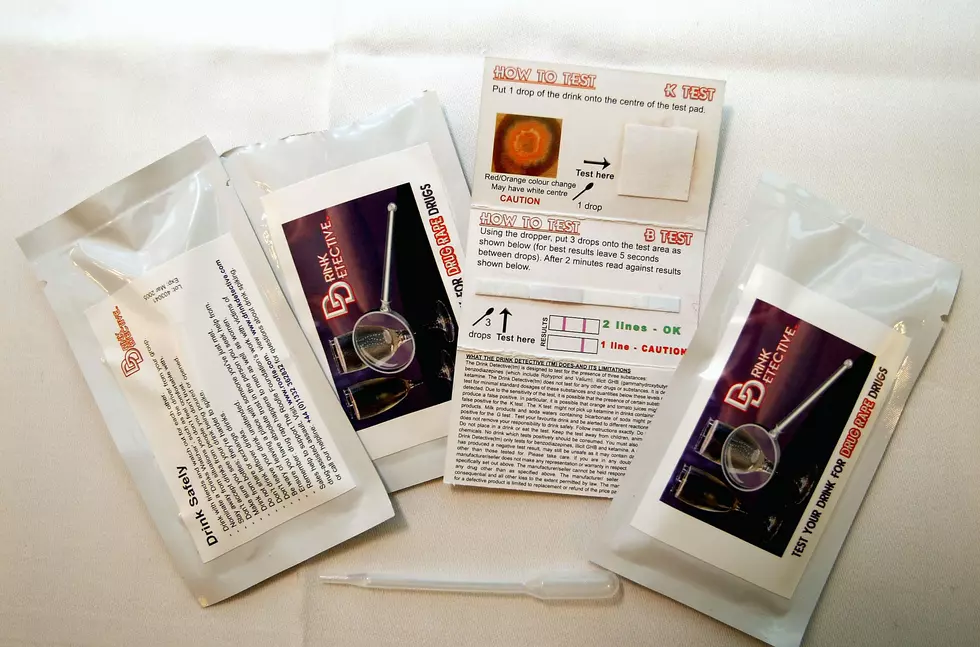
Washington Bill Targets Credibility of Informants’ Testimony
SEATTLE (AP) — Lawmakers in Washington state are taking a look at how courts handle criminal informants who are rewarded for their testimony.
About 16 percent of DNA exonerations around the country have come in cases where jailhouse snitches or other "incentivized informants" were used. Those are witnesses who are rewarded for giving incriminating testimony by being paid or having their own criminal charges or sentences reduced.
Such witnesses were used in the case of Donovan Allen, a Washington state man freed by DNA tests last month after serving 15 years in prison for his mother's murder.
Bills in the Legislature would authorize or require courts to assess the credibility of the testimony before it's presented to a jury. Nevada requires such assessments in death penalty cases, but experts say no state requires them in all cases in which incentivized informants are used.
More From News Talk KIT









